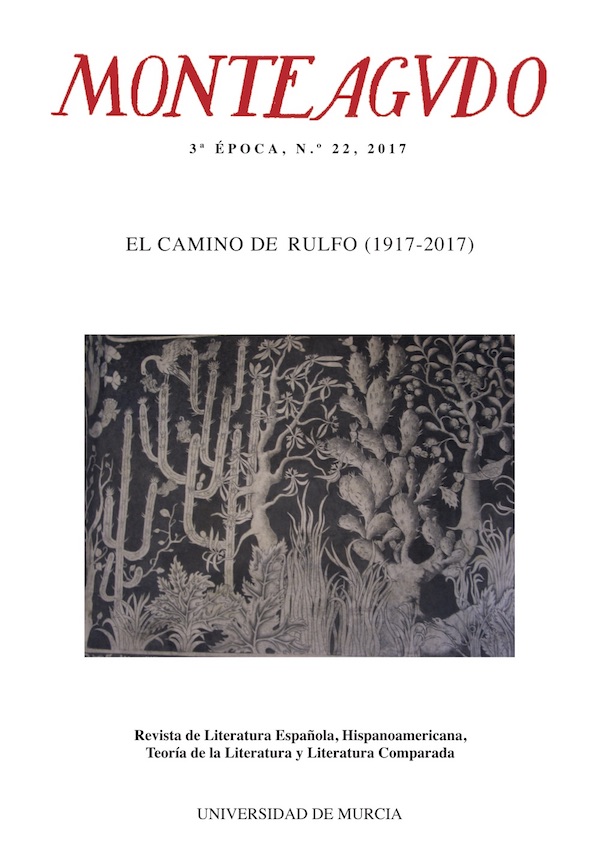Escritura femenina y escritura autobiográfica en A mi madre de Rosalía de Castro
Abstract
Rosalía de Castro’ s A mi madre is a poem where the lyric self offers a dark portrait of her life. Castro writes about herself in a perfect example of feminine writing and rescues a painful past in which the gure of an absent mother arises. The Mother is an enclosed space that provides protection from the unknown and where subjective memory is preserved. The poet pays tribute to her mother’s memory through understanding and generosity. Rosalía strives after the right word to convey the sorrow of her personal experience. We believe that the writer uses a subjective approach bringing to the present what happened in a past in which a lonely childhood and the dream of a maternal shelter are interwoven. This early poem shows an idea which will be the key in the works of Rosalía, in other words, an extreme subjectivism that leads her to a perpetual suffering.Downloads
Download data is not yet available.
Metrics
Views/Downloads
-
Abstract286
-
PDF (Español (España))836
20-07-2017
Ojea Fernández, M. E. (2017). Escritura femenina y escritura autobiográfica en A mi madre de Rosalía de Castro. Monteagudo. Revista De Literatura Española, Hispanoamericana Y Teoría De La Literatura, (22), 193–208. Retrieved from https://revistas.um.es/monteagudo/article/view/300031
Varia
The works published in this journal are subject to the following terms:
- The Publications Service of the University of Murcia (the publisher) retains the property rights (copyright) of the published works, and encourages and allows their reuse under the license of use indicated in point 2.
© Publications Service, University of Murcia, 2011
- The works are published in the electronic edition of the journal under a Creative Commons Attribution-NonCommercial-NoDerivatives 3.0 Spain license (legal text). They may be copied, used, distributed, transmitted and publicly displayed, provided that: i) the authorship and the original source of their publication (journal, publisher and URL of the work) are cited; ii) they are not used for commercial purposes; iii) the existence and specifications of this license of use are mentioned.







